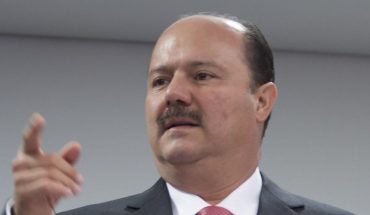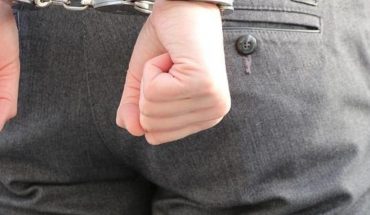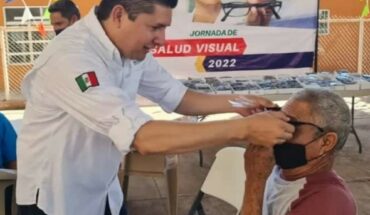Last week we heard the new results of the National Educational Monitoring Survey that provides evidence of something that unfortunately is no longer new: emotional well-being, violence and mental health are the main problems of children in schools throughout the country. But there is a detail that I find even more critical, which reveals this survey of perception of directors, and that is that there is an increase in the perception of levels of violence between July of this year (29%) and September of this year (36%), compared to pre-pandemic levels. This means that things are not getting better as time goes on.
And this is where we come across a clear factor of the evidence in psychology that challenges the popular idea: acute stress that is not intervened in time is transformed into chronic stress. And responses that were initially adaptive in the face of a dangerous situation – for example, the threat of death from Covid – chronic and sustained once the danger has passed, change our nervous system permanently to continue functioning on alert once the danger has passed.
Here time does not cure all ills, on the contrary, it complicates situations. We cannot continue to use time as our ally in mental health. It’s not. To cope with toxic stress are the evidence-informed interventions we have available today on trauma and post-traumatic stress.
The director of the CIAE and one of the authors of the survey, Juan Pablo Valenzuela, is categorical: “We have to network, this is a systemic challenge, schools are not going to solve this alone.” I could not agree more with this statement. We cannot expect teachers or educational establishments to take charge of this debacle, where they are perceiving 66% of their students – 72% when it comes to secondary education – with a significant deterioration of their emotional well-being compared to pre-pandemic levels.
Today it is more common for our children, instead of happiness, to feel disinterest, sadness, intolerance, irritability and loneliness. The quote from psychoanalyst John Bowlby, author of attachment theory, referring to children’s mental health, could not be better today: “We have created a deranged world.” And time is not going to cure this. If we don’t do something today, the consequences of this country in the future will be far worse than what we see today in terms of violence. More than ever, we need collaborative work, with the capacity for critical analysis, and interventions based on what we know about toxic stress with respect to child mental health problems, from a relational and contextual perspective.
Follow us on
The content expressed in this opinion column is the sole responsibility of its author, and does not necessarily reflect the editorial line or position of El Mostrador.





